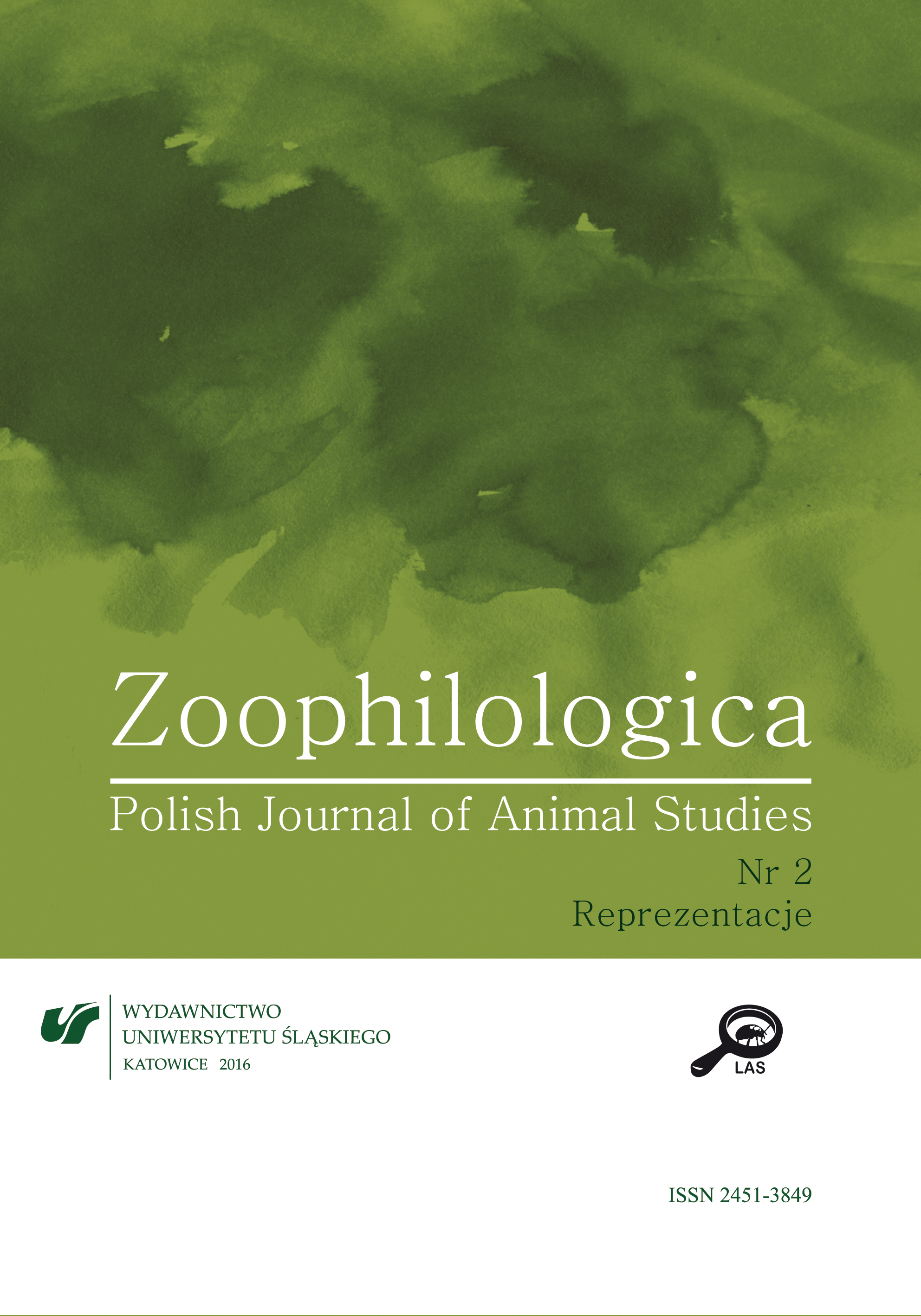Nino De Vita: poezja sycylijska między dialektalnością a zwierzęcością
Nino De Vita: Sicilian poetry between dialectality and animality
Author(s): Paulina MalickaSubject(s): Language and Literature Studies, Theoretical Linguistics, Applied Linguistics, Studies of Literature, Phonetics / Phonology, Lexis, Comparative Study of Literature, Other Language Literature, Theory of Literature
Published by: Wydawnictwo Uniwersytetu Śląskiego
Keywords: dialectality; animality; loss; boundary; trace
Summary/Abstract: The purpose of this article is to draw attention to the issue of human‑animal relationships in contemporary works of poetry and prose by Nino De Vita (b. 1950) – a Sicilian born in Marsala, for whom the local dialect of Cutusiu contrade becomes the language of expression. The author leaves out of his writings anthropocentric models and introduces into them narratives concerning various forms of life marked by common and indivisible history. Both animal and human characters share similar fates, experience the same emotions, reciprocate feelings, suffer and feel fear. Still, what unites the human and animal world most is the language, or rather the dialect, of Marsala – a common channel of interspecies communication. The expression of the animal nature in people who wish to most spontaneously and sincerely express their own emotions and moods, resorts to dialectal sound, the mother tongue, characterized by great intimacy but also violence. Finally, the dialectality and animality of Nino De Vita’s work involve going beyond the boundaries, tracking and leaving traces as well as marking the territory for fear of loss and being left. This poetry is written in the name of ‘another him’ and for him.
Journal: ZOOPHILOLOGICA. Polish Journal of Animal Studies
- Issue Year: 2016
- Issue No: 2
- Page Range: 177-186
- Page Count: 10
- Language: Polish

